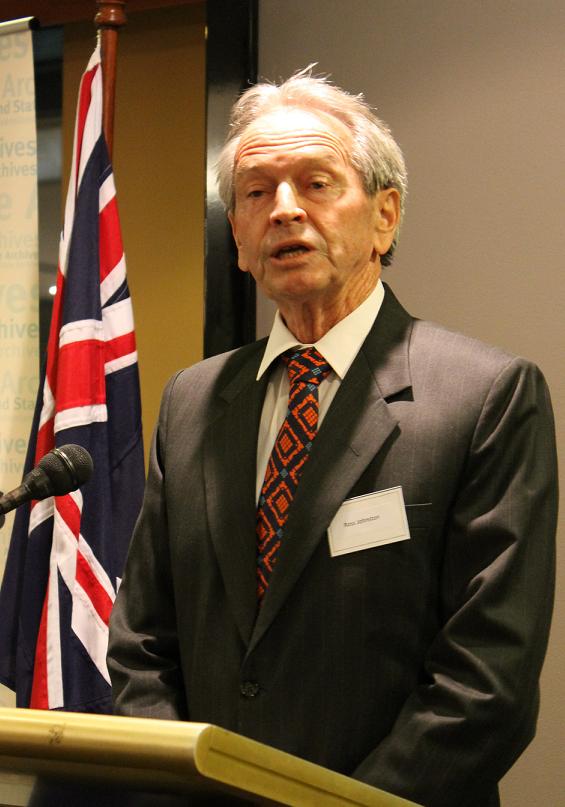Announcing Strategic Planning
It would be easy to feel very pessimistic at this moment of the state economy and investment in cultural affairs. The Professional Historian Association (Queensland), however, is dedicated to looking after the working interest of its members and the welfare of professional history in Queensland. For that reason, as an association we will not just accept the pessimism of our current situation. It is time to look after ourselves and not leave the fortunate of tomorrow to luck or to the hope that someone is going to rescue us from our damnation. The best that we have going for us, as professional historians, is the Association. It is Association which provides the professional recognition and the support of colleagues.

